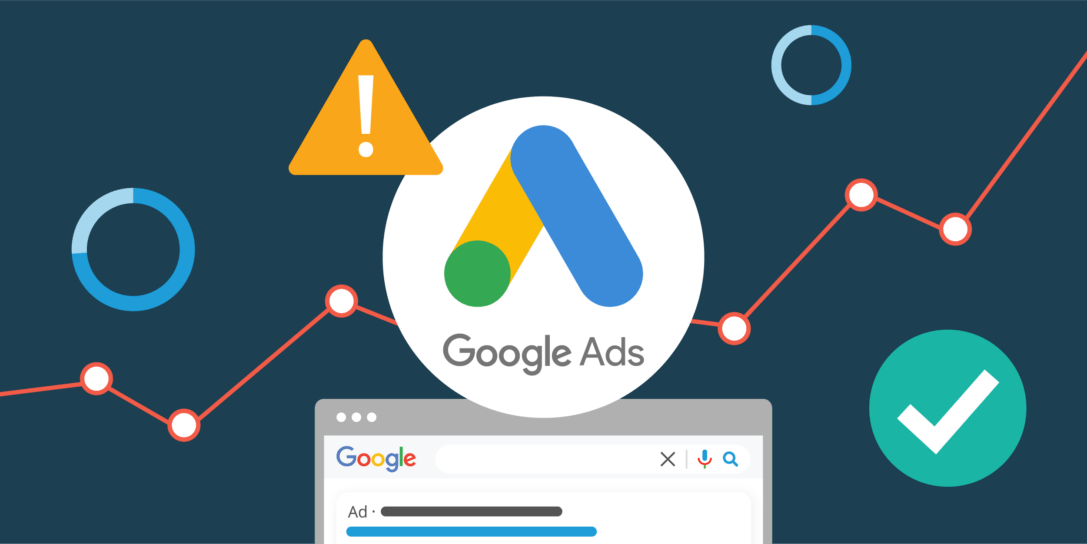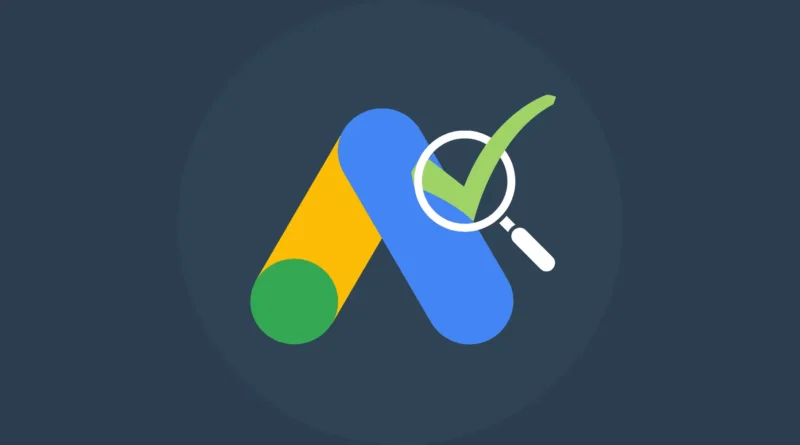7 Tips on How to Optimize Your Google Ads Campaign
Google Ads, formerly known as Google AdWords, is an incredibly powerful advertising platform that allows businesses to reach their target audience effectively. However, running a successful Google Ads campaign requires more than just creating an ad and letting it run. To maximize your return on investment (ROI) and achieve your marketing objectives, it’s essential to optimize your campaign. Here are 7 valuable tips to help you do just that:
Set Clear Goals and KPIs

Before you dive into optimizing your Google Ads campaign, it’s crucial to define clear goals and key performance indicators (KPIs). Whether your aim is to drive website traffic, generate leads, increase sales, or boost brand awareness, having specific and measurable objectives will guide your optimization efforts. For expert insights and assistance in crafting a successful strategy, visit ASAseo.
Conduct Thorough Keyword Research
Keywords play a vital role in the success of your campaign. Ensure you conduct comprehensive keyword research to identify the terms and phrases your target audience is using to search for products or services similar to yours. Utilize tools like Google Keyword Planner and other keyword research tools to discover relevant and high-traffic keywords.
Create Relevant and Compelling Ad Copy

Crafting engaging and relevant ad copy is essential to capture the attention of potential customers. Incorporate your target keywords into the ad copy and highlight the unique selling points of your products or services. Be clear, concise, and enticing to encourage users to click on your ads.
Optimize Landing Pages
Once users click on it, they should land on a page that delivers what the ad promised. Ensure your landing pages are optimized for both desktop and mobile devices, load quickly, and provide a seamless user experience. A relevant and user-friendly landing page increases the likelihood of conversions.
Implement Ad Extensions

Ad extensions enhance it by providing additional information and call-to-action opportunities. Extensions like site links, call buttons, location information, and callout extensions offer more value to users and improve performance. Take advantage of ad extensions to make it stand out in the search results.
Leverage Remarketing
Remarketing allows you to re-engage with users who have previously visited your website or interacted with them. This powerful feature enables you to target a specific audience segment, offering them tailored ads and increasing the likelihood of conversion. Implementing remarketing strategies can significantly improve your campaign’s ROI.
A/B Test Your Ads

Constantly testing different ad variations is key to optimizing your campaign. Create multiple versions, including different headlines, ad copy, and calls to action. Run A/B tests to determine which elements perform best and use that data to refine and optimize your ads further.
Conclusion
In conclusion, optimizing your Google Ads campaign is a continuous process that requires careful planning, testing, and analysis. Stay vigilant, adapt to market trends, and always keep your target audience in mind to stay ahead of the competition in the dynamic world of online advertising.
As you seek to optimize your Google Ads campaign, consider leveraging the efficiency of text short codes for marketing success, utilizing five clever strategies outlined in our dedicated article.



